Belgian Politicians Normalise Alcohol Abuse
It was the biggest culture shock for Dutch journalist Anouk van Kampen when she moved to Belgium: quite a few Belgians think it’s perfectly normal to drink in the morning and drive while under the influence, including politicians who ought to lead by example.
A few years ago, not that long after I moved to Belgium, I was handed a can of beer at Brussels Central Station as part of the launch of a new alcohol-free lager. It was 11 a.m. Somewhat taken aback by the enthusiastic offer, I returned the can, unopened, while other travellers were happily sampling the new beverage in a fog of beer fumes. The flavour and aroma have never appealed to me, non-alcoholic or otherwise, at this time of day. Not even when free – to brandish a Dutch stereotype.
It contained no alcohol, so that made it OK. Yet to this day, it remains one of the biggest culture shocks I’ve experienced as a Dutch immigrant in Belgium. The marketing campaign evidently met a need: some Belgians are keen to quench their thirst with a pint in the morning. Well then, here’s the solution to your problem: now you can drink beer before noon and still show up to work sober.
Births are celebrated with a drink, sports activities are followed by a drink and the traditional New Year’s reception outside the town hall calls for a drink
Of course, that’s not an issue at the weekend. When I visit the market square in my hometown of Ghent on a Sunday morning, the alcohol flows freely. The pub serves beer, punters at another café raise toasts with Cava and it’s obvious that people don’t flock to the kiosk for its coffee but because it also offers gin and mulled wine. It’s five o’clock somewhere, as the saying goes. Right now it’s five p.m. in Vietnam and I’m still digesting my breakfast.
The idea of the South as a region peopled by bon vivants may be a cliché, but when it comes to alcohol it’s certainly no myth. I wouldn’t go so far as to describe the Dutch as sober puritans – they can knock back a fair few when the clock strikes five – but it all feels just that little bit boozier in Belgium.
While Belgium’s average alcohol consumption doesn’t really stand out internationally, the problem drinking does
While the Dutch consume an average of around eight litres of pure alcohol per person per year, the Belgians imbibe a litre more. Births are celebrated with a drink, sports activities are followed by a drink and the traditional New Year’s reception outside the town hall – again, at 11 in the morning – calls for a drink. It will come as no surprise then that most Belgians don’t do dry January but go without alcohol in February instead: the shortest month.
Don’t get me wrong, I like a tipple as much as the next person, but of course, there’s a flipside. While Belgium’s average alcohol consumption doesn’t really stand out internationally, the problem of drinking does. Most of the people I know can think of a handful of people in their circle of family, friends and acquaintances whose alcohol use is of concern to them. Every year in Belgium, more than 2,000 young people are admitted to A&E with alcohol poisoning, three times as many as in the Netherlands. According to an OECD report, 28 per cent of Belgians binge drink at least once a month; for the Dutch that figure is 9 per cent lower. The number of Belgians dying of alcohol-related diseases annually is double that of their northern neighbours.
Twice as many drink-drivers
Drinking is arguably a private matter – that is if we don’t count the social costs, which run into the billions. But many people get into their cars after a drink. A recent European survey revealed that 19 per cent of Belgians have driven while intoxicated, nearly twice the European average, and 7 per cent have been in an accident involving drivers who were over the limit. No wonder then that the BOB campaigns that raise awareness of the dangers of drunk driving and urge people to have a designated driver were first created in this country: getting behind the wheel while under the influence is still widely accepted here.
As a police officer told me when I joined an alcohol check for an article: ‘People don’t think about the reasons for these checks. The overriding sentiment is one of bad luck when they get caught.’ The checkpoint had to be moved every hour because Facebook groups with thousands of members quickly shared the location, allowing those who’d had one too many to take an alternative route. I have yet to meet a Fleming who doesn’t know that you’re legally entitled to a 15-minute delay when the police want you to do a breathalyser test – and that brief respite can be crucial in bringing alcohol levels down.
A recent European survey revealed that 19 per cent of Belgians have driven while intoxicated, nearly twice the European average
You’d think there’s a great role for the government in all this, with politicians leading by example. Instead, there’s just one embarrassing episode after another. Here’s a selection from 2023. The mayors of both Bertem and Beveren got into their vehicles after drinking too much, with the latter causing an accident. Friends of the justice minister urinated against a patrol car on his birthday, nationalist-conservative N-VA politician Theo Francken pissed in a planter in Brussels and Conner Rousseau, the chairman of left-leaning party Vooruit, started spouting racist language while under the influence. Their respective excuses: ‘We’ve all been drunk, right?’, ‘I’m only human’, ‘it was the alcohol talking’. These incidents aren’t exactly new: on more than one occasion politicians have shown up sloshed in parliament. It’s no surprise then that alcohol was banned from the Flemish Parliament canteen last year.
Also in 2023, the federal government launched a strategy for reducing alcohol consumption in this country. The plans were rather wishy-washy. You can still buy alcohol at motorway services, just not after 10 pm. Under eighteens are not allowed to drink spirits, but beer is fine. Alcohol advertising on television is banned, albeit only before and after programmes aimed at minors. It took nineteen years of negotiating to arrive at this watered-down result. I’m not surprised. It’s exactly what you’d expect from politicians who ought to be role models, but instead normalise excessive drinking and stupid behaviour.


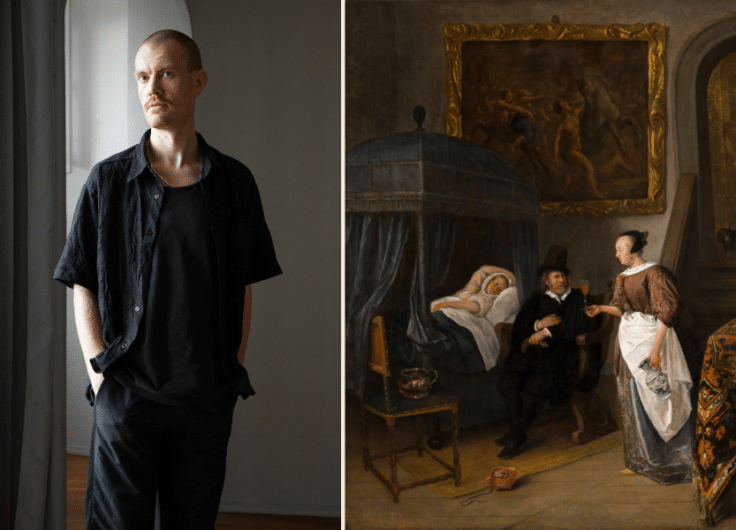
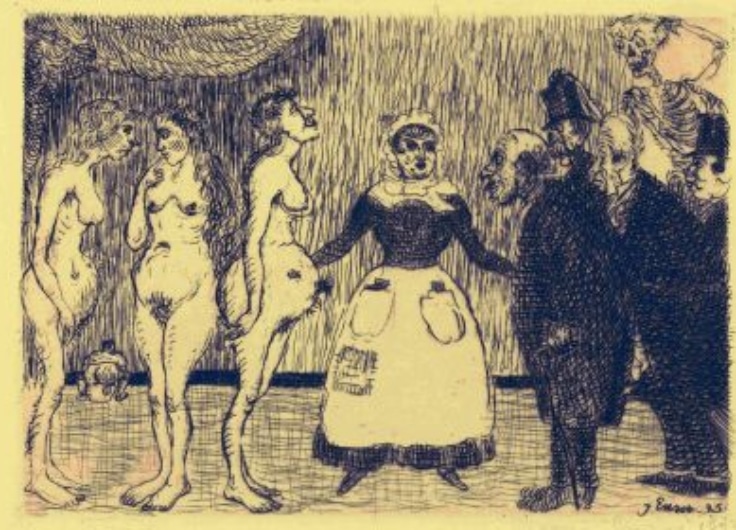
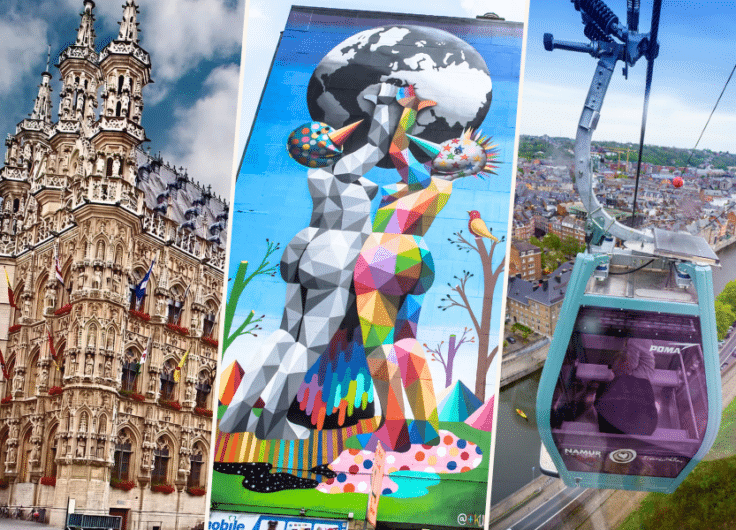
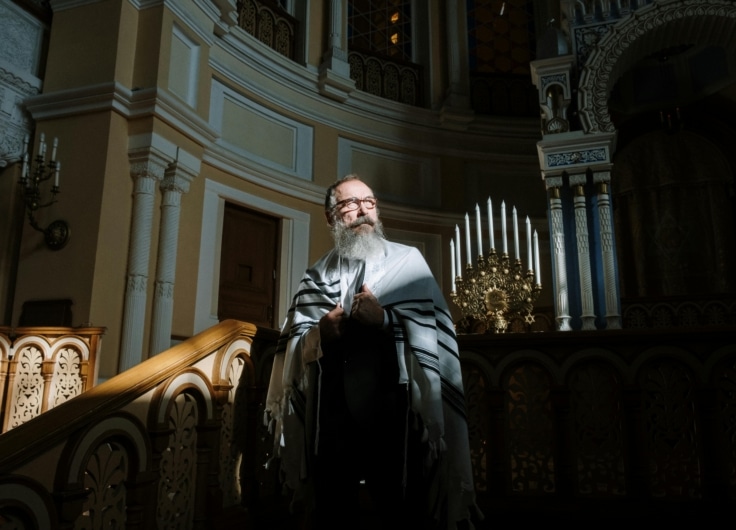
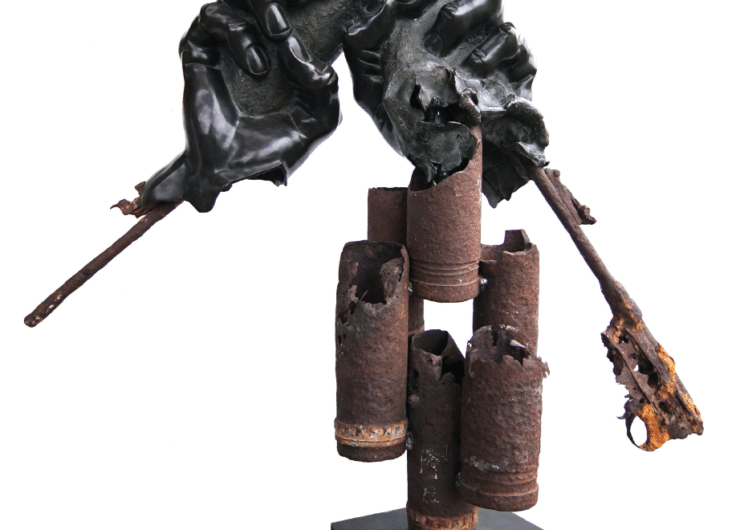
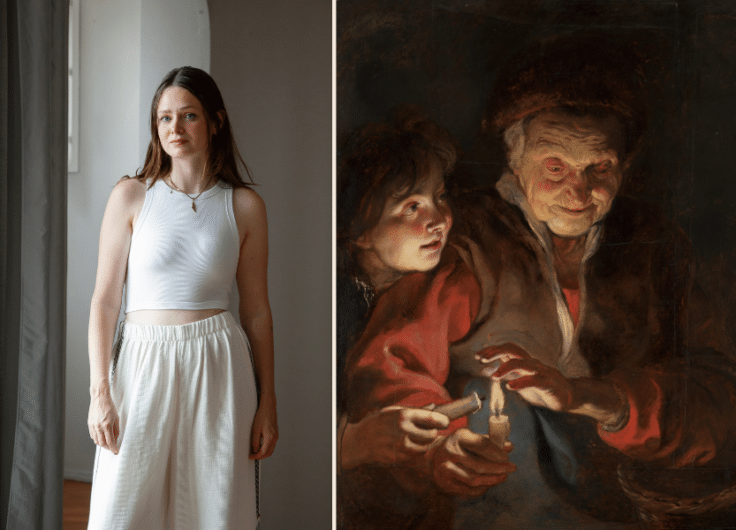
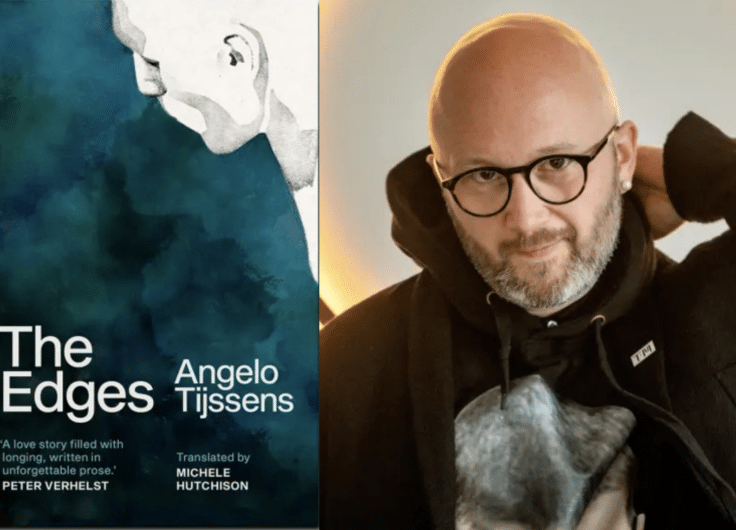
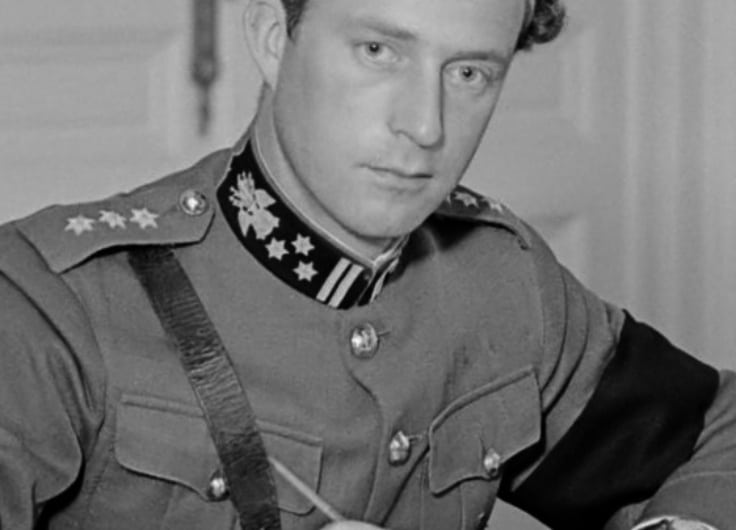



Leave a Reply
You must be logged in to post a comment.